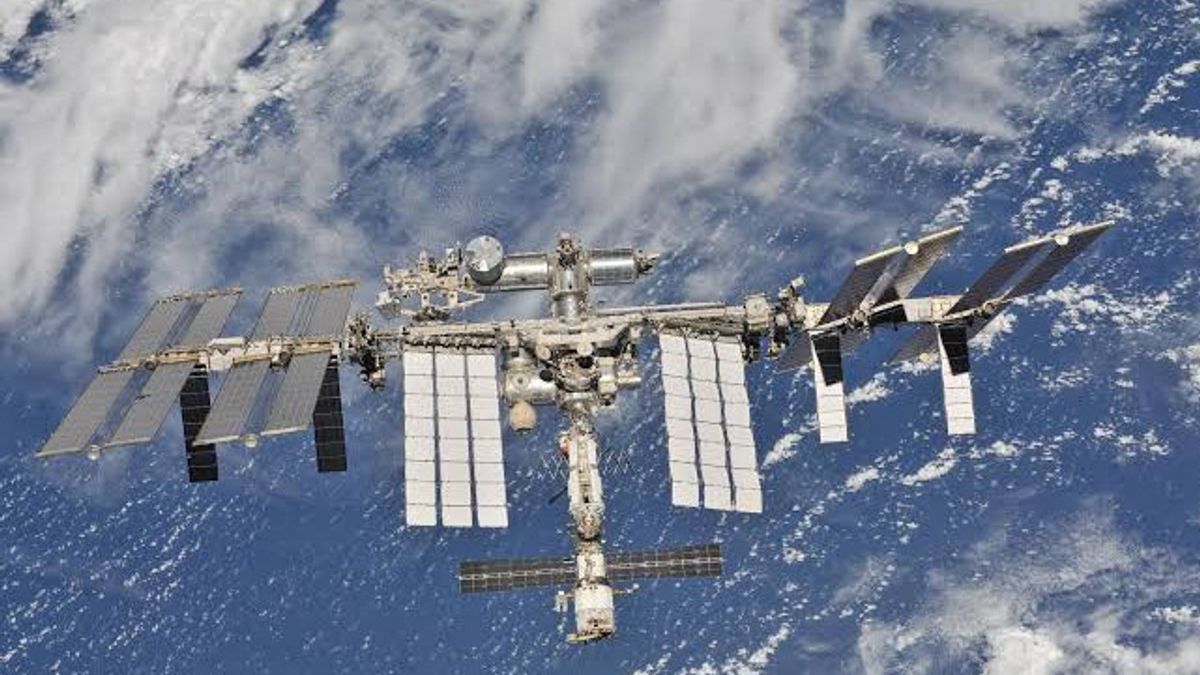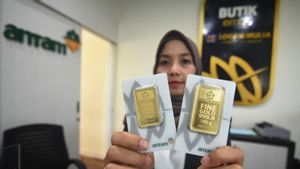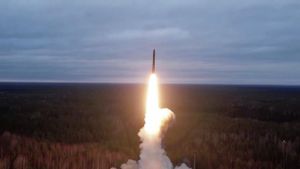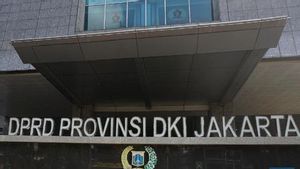JAKARTA - In the midst of the escalating conflict between Russia and Ukraine, NASA is now looking for a way to keep the International Space Station (ISS) in orbit without Russian assistance.
Even so, there is no sign that Russia will withdraw from space collaboration after it invades Ukraine.
"We are getting no indication at the work level that our (Russian) partners are not committed to the ongoing operations", said NASA Associate Administrator, Kathy Lueders.
"(The NASA team and Russia's Roscosmos) are still talking together, we are still doing training together, we are still working together", she added.
But last week, Russia's Roscosmos Space Chief, Dmitry Rogozin, said he planned to withdraw from the space partnership in response to US sanctions. It is not known for sure whether it will be done or just as a threat to the US.
There are currently seven people on the ISS, namely four American astronauts, one German, and two Russian cosmonauts. The ISS is divided into two parts, first, there is the US Orbital Segment and the Russian Orbital Segment.
The US and Russia continue to maintain a research laboratory staffed with astronauts and cosmonauts, each with their respective roles. This is because segments of the country depend on each other, from life support systems to the thrusters that keep the ISS in orbit.
The US side of the ISS supplies power and life support, Russia is responsible for propulsion and keeping the station afloat. This is done by using the docked Progress spacecraft to periodically give the station a boost to maintain an altitude of about 400km (250 miles).
Launching The Guardian, Wednesday, March 2, seeing this, of course, the future of the ISS in orbit depends on the US and Russia continue to work together, "It will be very difficult for us to operate alone", said Lueders.
However, US aerospace and defense company Northrop Grumman has offered another upgrade capability.
SEE ALSO:
"You know, our SpaceX folks are looking at whether we can have additional capabilities. As such, we're always looking at how we can get more operational flexibility and our cargo providers are looking for ways to add different capabilities", said Lueders.
The last Northrop Grumman Cygnus cargo ship to arrive at the ISS on February 21 was the first to boast the capacity to re-upgrade outposts without Russian assistance.
Last week, SpaceX boss Elon Musk tweeted his company logo in response to Rogozin's rhetorical questions about who would save the ISS from an uncontrolled de-orbit.
But Lueders stressed that such a plan was only an emergency measure. The ISS has been continuously inhabited for more than 21 years and has weathered geopolitical storms, most notably Russia's 2014 invasion of Crimea.
The English, Chinese, Japanese, Arabic, and French versions are automatically generated by the AI. So there may still be inaccuracies in translating, please always see Indonesian as our main language. (system supported by DigitalSiber.id)















